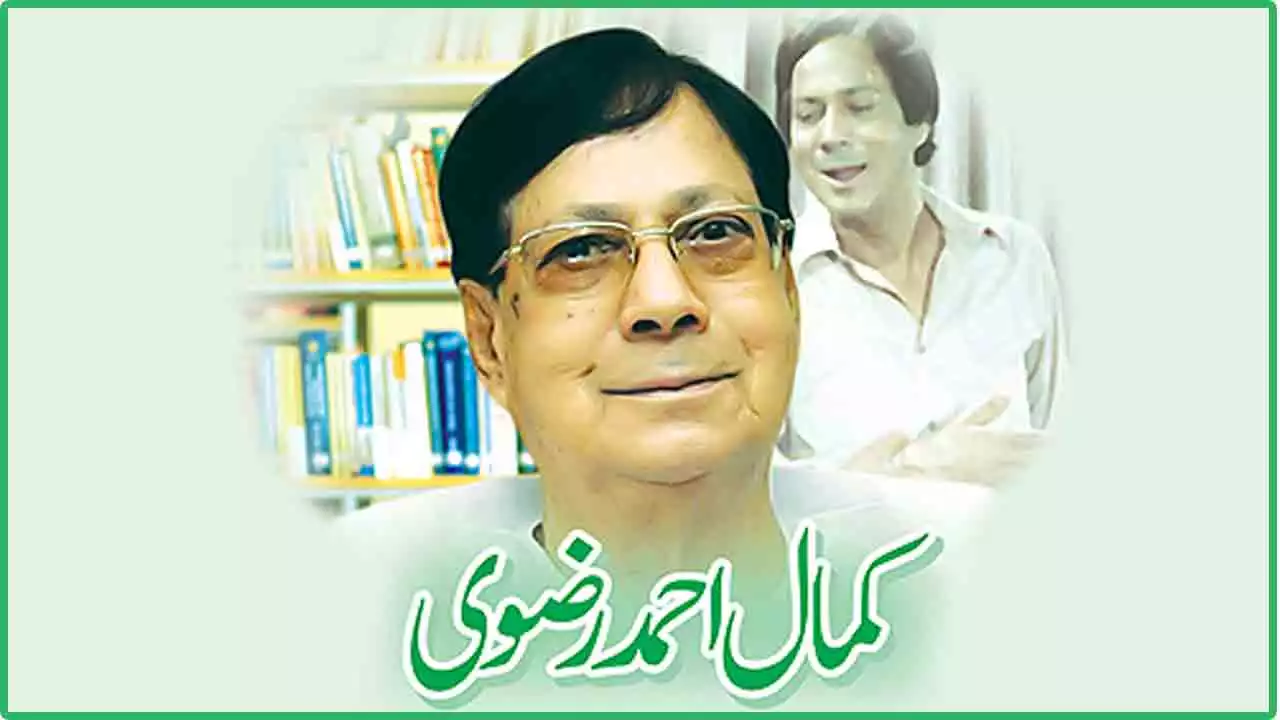Mohsin Naqvi, born on May 5, 1947, in Dera Ghazi Khan, Pakistan, was a poet whose verses delved into the realms of love, separation, solitude, and pain. His full name was Syed Ghulam Abbas. Naqvi’s unique style and profound expression left an indelible mark on Urdu literature, making him a significant figure in the world of poetry.
Known for his distinctive approach, Mohsin Naqvi explored the intricacies of emotions through his poetry. His literary works include masterpieces such as “Band Quba,” “Azab-e-Deed,” “Khaima-e-Jaan,” “Barg-e-Sehra,” and “Tulu-e-Ashk.” Not confined to ghazals and nazms, Naqvi also exhibited his skill in elegiac poetry.
The poet’s distinctive style and craftsmanship made him a trendsetter in his era. His writings were not only limited to traditional poetic forms but also embraced the unique genre of marsiya (elegy). Naqvi’s contribution to Urdu literature, especially in the realm of romantic poetry, earned him widespread popularity among the youth.
Despite his untimely demise on January 15, 1996, Mohsin Naqvi’s verses continue to resonate, offering a timeless beacon of light. His literary legacy, marked by poetic brilliance and emotional depth, stands as a testament to his enduring impact on Urdu literature. The luminosity of his poetry ensures that, even though the physical light dimmed in 1996, the radiance of his poetic expressions will forever illuminate the world of Urdu literature. Mohsin Naqvi’s work remains a vibrant source of inspiration and admiration, contributing to the richness of Urdu poetry and captivating the hearts of generations to come.



